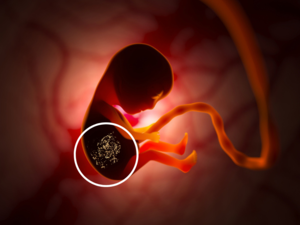 In recent years, plastic pollution has emerged as one of the most pressing environmental issues, raising concerns about its impact on both the planet and human health. From oceans filled with plastic waste to microplastics infiltrating our food supply, the pervasive nature of plastics has raised alarms among scientists and health experts. As we become increasingly aware of the dangers posed by plastic pollution, new research sheds light on a disturbing reality: microplastics can be transferred from pregnant mothers to their unborn children, potentially compromising their health from the earliest stages of life.
In recent years, plastic pollution has emerged as one of the most pressing environmental issues, raising concerns about its impact on both the planet and human health. From oceans filled with plastic waste to microplastics infiltrating our food supply, the pervasive nature of plastics has raised alarms among scientists and health experts. As we become increasingly aware of the dangers posed by plastic pollution, new research sheds light on a disturbing reality: microplastics can be transferred from pregnant mothers to their unborn children, potentially compromising their health from the earliest stages of life.
A groundbreaking study conducted by researchers at Rutgers University has revealed that tiny plastic particles, specifically polyamide-12 (PA-12), can infiltrate the lungs, hearts, livers, kidneys, and brains of newborn mice. This research highlights a critical pathway through which microplastics may impact human health, especially for developing fetuses exposed during pregnancy. To read the full story.
